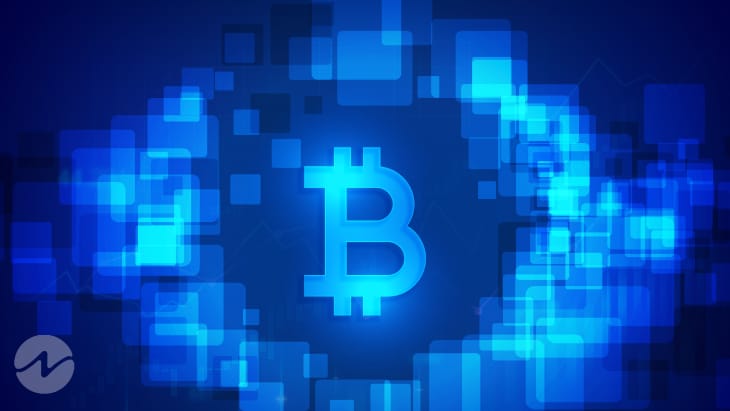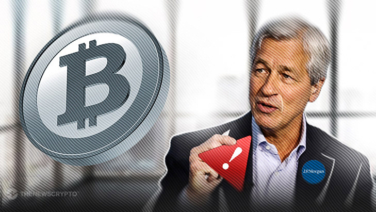- The Paraguayan Chamber of Deputies passed a cryptocurrency regulation bill.
- Deputies voted 40 to 12 to enact the revised bill draught in a special session.
Several countries, including Paraguay, have followed El Salvador and the Central African Republic in approving Bitcoin as a form of legal money. In Latin America, governments are taking cryptocurrencies more seriously, and they are now working to approve legal and other frameworks.
Ideal Conditions For Crypto-Related Activities
Paraguay’s “crypto-friendly” climate and low power costs have made the country a popular choice for bitcoin mining operations. On Thursday, the Paraguayan Chamber of Deputies passed a cryptocurrency regulation bill over opposition from the country’s central bank.
The bill states:
“The goal of this law is to control the production activities and commercialization of virtual or crypto assets in order to provide legal, financial, and fiscal security to the firms that profit from their production and commercialization.”
Deputies voted 40 to 12 to enact the revised bill draught in a special session. Even though the Senate first approved it in December, this new legislation will require the Senate to revisit the document before submitting it for presidential approval.
Digital assets will be included in the measure, first introduced in the Paraguayan Senate in July of last year. Cryptocurrency mining companies must be licensed and regulated by the government. In the proposed law, no cryptocurrency would be considered legal cash.
Because of Paraguay’s cheap power prices — around five cents per kilowatt-hour — this strategy aims to turn the country into a mining center for the rest of Latin America. The anti-money laundering agency of Paraguay has enacted a new law that compels crypto exchanges to register their operations as virtual asset service providers.






